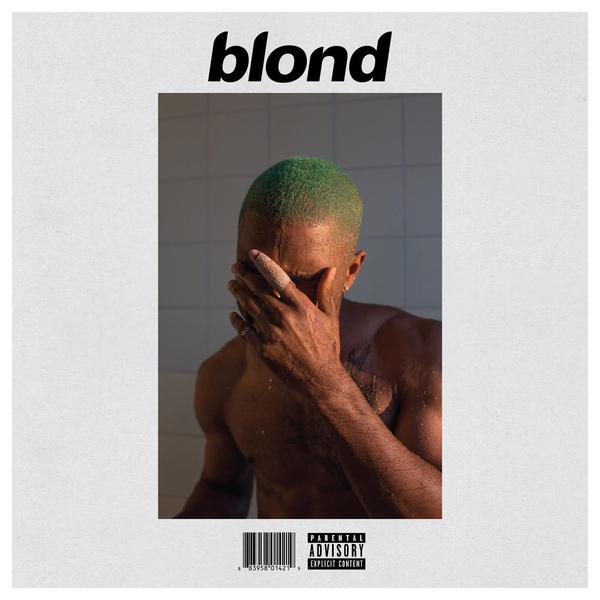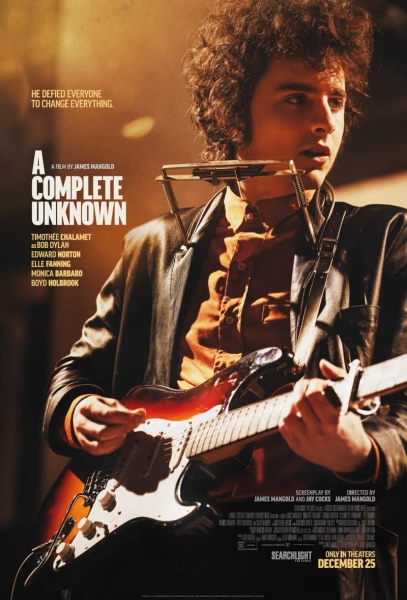Frank Ocean’s ‘Blonde’ is a Meticulously Crafted, Poignant Project

After four long years of speculation, cryptic messages, and flat-out lies, Frank Ocean has finally dropped the long-awaited follow-up to his phenomenal debut album, Channel Orange.
In these four years, Ocean mostly kept out of the limelight, with rare guest appearances and the occasional post on his Tumblr page. This, combined with Channel Orange being both one of the best albums of 2012 and one that resonated with many individuals (myself included), meant that expectations for this project were extraordinarily high. So does Blonde live up to the endless amount of hype behind it? Well, yes and no.
Fans that were expecting Channel Orange 2 will be disappointed in that respect, as Blonde is a highly experimental album that is not nearly as accessible to mainstream audiences as its predecessor. However, Blonde is a bold, entrancing, and poignant project that shows just how much Frank Ocean has matured not just as a singer and songwriter, but as an artist.
Throughout Blonde, Ocean is constantly toying with convention, from the high-pitched distortion of his vocals on “Nikes” to his erratic lyrics on “Skyline To” and even to the beat switch on “Nights.” Yet for how random and bizarre Ocean’s decisions may seem, the opposite is true. In fact, every part of this project feels meticulously crafted, with each choice only adding to the album thematically, atmospherically, or musically. Even the skits, which have a tendency to be superfluous in other projects, contribute to the album by adding to its richness and further fleshing out its themes.
Now this is not to say that this album is a complete departure from Ocean’s previous material, as Blonde’s subject matter and themes have been prevalent in his discography dating all the way back to 2011’s Nostalgia, Ultra. Ocean is no stranger to the topics of drugs, nostalgia, and love, but now, he approaches these subjects in a much different light. He is a different man than he was four years ago, and it is quite evident here.
For the most part, the crispness and brightness of Nostalgia, Ultra and Channel Orange give way to a more hazy and spacey atmosphere. Ocean opts for many of his lyrics to follow a stream of consciousness, meaning that the traditional skeleton of verse-bridge-chorus is not necessary in these tracks. His lyrics are more emotion-oriented and the hard narratives of projects past are largely absent, giving little for listeners to latch onto in terms of a defined story.
Nevertheless, Ocean remains fully engaging throughout the entire album despite the lack of clarity because of his seamless weaving of the album’s themes into the songs. A universal theme is always present in his songs, whether it be directly in the forefront or lingering under the surface. The major themes of love, loss, and identity are all ones that everyone can find at least somewhat relatable. Someone can know nothing about Frank Ocean and what plagues him personally but still empathize with him, which is the mark of a truly great artist.
Blonde’s highlights include “Pink + White,” a hypnotically smooth look at a meaningful relationship from Ocean’s youth, “Self Control,” an account of Ocean’s lustful temptations, “Nights,” the album’s two-part centerpiece, and “Solo (Reprise),” which features a fantastic verse from Outkast’s Andre 3000. While there are certainly tracks that shine brighter than others, there really aren’t any that stand out as weak points. Sure, the album isn’t perfect, as the distortion in “Nikes” is a little overindulgent and the outro on “Futura Free” could be trimmed down or even cut entirely, but these are ultimately nitpicks on a superb project that is easily one of the year’s best and time will tell, but this may even be Ocean’s best effort to date.
From the first listen, Blonde may seem like a complete mess. Its lyrics seem incoherent, the production seems unfinished, and Ocean seems all over the place, with distorted vocals on one track, crooning on the next, and rapping on the one after that. But I highly encourage you to not simply toss this album aside after giving it just one listen because this is truly something special. This is Ocean’s Kid A and his Yeezus: it is something completely unlike anything that he’s ever done before, but he is still staying true to himself as an artist. He is taking risks and refusing to have himself be pigeonholed into a certain genre or definition. But perhaps the most apt comparison is to Prince’s Around the World in a Day. Both Prince and Ocean were pop artists at the height of their popularity, and instead of conforming to others’ expectations of them and making a “safe” album, they dared to venture out of their comfort zones, making them better artists in the process. While Prince’s untimely demise has left a large hole in the music world, we may just have found a worthy successor to the man clad in purple.




